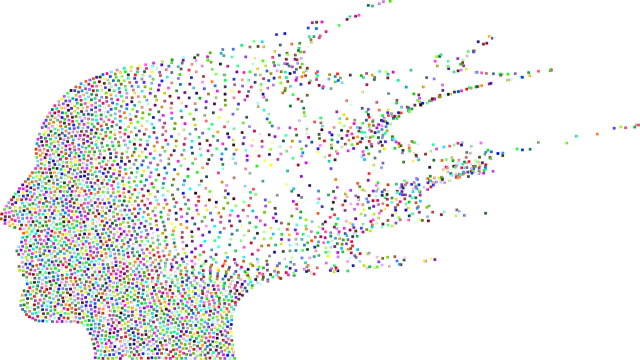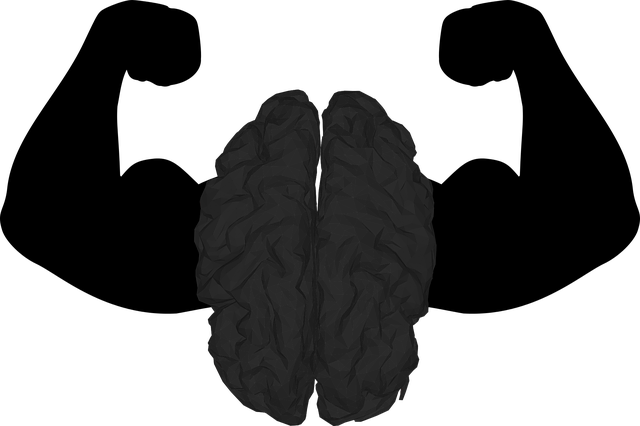Mental wellness programs, especially Golden ADD-ADHD Therapy, require comprehensive evaluation using both quantitative and qualitative methods. This includes surveys, interviews, and observations to assess their impact on individuals with ADHD and overall mental health. Key aspects like cultural sensitivity, burnout prevention for therapists, and risk assessments are crucial. Golden ADD-ADHD Therapy offers tailored strategies for social skills, public awareness, and anxiety relief. Quantitative tools measure outcomes over time, while qualitative techniques delve into personal emotional journeys. Long-term follow-ups through surveys or interviews help understand the sustained effects of programs like Golden ADD-ADHD Therapy on daily functioning and mental health.
Mental wellness programs are gaining prominence, yet evaluating their effectiveness remains a complex task. This article explores comprehensive evaluation methods for mental health interventions, from quantitative assessments to qualitative techniques. We delve into the significance of understanding program impact, particularly highlighting the role of Golden ADD-ADHD Therapy in enhancing outcomes. Learn how to measure both short-term gains and long-term sustainability, ensuring programs meet client needs and foster lasting wellness.
- Understanding Mental Wellness Programs and Their Evaluation
- The Role of Golden ADD-ADHD Therapy in Program Effectiveness
- Quantitative Assessment Methods for Mental Health Interventions
- Qualitative Techniques to Evaluate Client Experiences
- Measuring Long-Term Impact and Sustainability of Wellness Programs
Understanding Mental Wellness Programs and Their Evaluation

Mental wellness programs play a pivotal role in promoting and maintaining the overall well-being of individuals. These programs are designed to address various mental health concerns, including but not limited to stress management, anxiety disorders, depression, and conditions like ADD/ADHD (Golden ADD-ADHD Therapy). Evaluation methods for such initiatives are essential tools to measure their effectiveness, identify areas of improvement, and ensure positive outcomes for participants.
A comprehensive evaluation process considers multiple factors, incorporating both quantitative and qualitative approaches. This may include surveys, interviews, and observations to gauge the program’s impact on individual and collective mental wellness. For instance, assessing cultural sensitivity in mental healthcare practice is crucial, as it adapts services to diverse populations. Additionally, burnout prevention strategies and risk assessments for mental health professionals are integral parts of a holistic evaluation, ensuring the well-being of those who deliver these essential services.
The Role of Golden ADD-ADHD Therapy in Program Effectiveness

Golden ADD-ADHD Therapy plays a pivotal role in enhancing the effectiveness of mental wellness programs, especially for individuals with Attention Deficit Hyperactivity Disorder (ADHD). This therapeutic approach goes beyond traditional treatments by focusing on the unique challenges faced by those with ADHD, such as impaired executive functions and difficulties in social interactions. By incorporating evidence-based techniques tailored to this specific population, the therapy significantly improves program outcomes.
One of the key strengths of Golden ADD-ADHD Therapy is its emphasis on Social Skills Training, which helps individuals develop effective communication strategies and build stronger relationships. Coupled with Public Awareness Campaigns Development, these therapeutic methods foster an environment that promotes understanding and reduces stigma associated with ADHD. Additionally, the therapy emphasizes Anxiety Relief techniques, ensuring that participants not only manage their symptoms but also enhance their overall well-being.
Quantitative Assessment Methods for Mental Health Interventions

Quantitative assessment methods play a vital role in evaluating mental wellness programs, offering structured and data-driven insights into the effectiveness of interventions. These methods involve measuring outcomes using standardized tools and scales, providing a clear picture of progress over time. For instance, in the context of Golden ADD-ADHD Therapy, researchers can employ quantitative assessments to track changes in symptoms, such as reduced impulsivity and improved focus, through surveys like the Conners’ Continuous Performance Test (CPT).
One powerful tool is the use of mental wellness journaling exercises, which encourage individuals to reflect on their emotions and experiences. This practice not only fosters self-awareness but also provides quantitative data for analysis when combined with structured questionnaires. Additionally, compassion cultivation practices have been shown to improve well-being; these can be evaluated using scales measuring empathy, positive emotions, and life satisfaction, offering a comprehensive view of participants’ mental health journeys.
Qualitative Techniques to Evaluate Client Experiences

Evaluating client experiences is a crucial aspect of any mental wellness program, offering valuable insights into the effectiveness and impact of therapeutic interventions. Qualitative techniques provide an in-depth understanding of individuals’ journeys towards emotional healing and self-care practices. Through methods like interviews and focus groups, clients can share their stories, expressing the challenges they’ve faced and the benefits realized during therapy sessions, specifically tailored for ADD/ADHD. This approach allows researchers and practitioners to gain a nuanced perspective on the client’s experience, identifying themes and patterns that quantitative measures might overlook.
By employing these qualitative methods, mental health professionals can delve into the emotional landscapes of their clients, fostering a deeper connection and understanding. It encourages individuals to reflect on their personal growth, the coping strategies they’ve adopted, and the overall impact on their daily lives. This self-care focus is essential for promoting mental health awareness and ensuring sustainable emotional healing processes.
Measuring Long-Term Impact and Sustainability of Wellness Programs

Evaluating the long-term impact and sustainability of mental wellness programs is a crucial aspect of understanding their effectiveness. This process involves assessing whether the benefits gained by participants persist over time, which is essential for justifying program continuation and identifying areas for improvement. One effective method to measure this is through follow-up surveys or interviews with former program participants. These assessments can uncover the lasting effects on daily functioning, mood regulation, and overall mental health. For instance, tracking individuals who completed a Golden ADD-ADHD Therapy program could reveal improvements in focus, organization, and stress management that continue months or even years later.
Additionally, examining the integration of learned skills into participants’ daily lives can provide insights into the sustainability of wellness programs. This might include observing how individuals apply mental health education from programs like Inner Strength Development to navigate challenges, solve problems, and foster resilience. Mental Wellness Journaling Exercises can also serve as a valuable tool for self-reflection and tracking progress, offering guidance on documenting changes in emotional state, thought patterns, and coping strategies over an extended period.
Evaluating mental wellness programs is multifaceted, encompassing both quantitative and qualitative methods. From understanding program effectiveness through techniques like Golden ADD-ADHD Therapy, to measuring long-term impact, each approach offers valuable insights. Quantitative assessments provide data-driven evidence of intervention success, while qualitative techniques offer deeper client perspectives. By integrating these evaluation methods, mental health professionals can comprehensively gauge the sustainability and overall positive outcomes of wellness programs, ensuring tailored and effective support for individuals seeking mental well-being.














